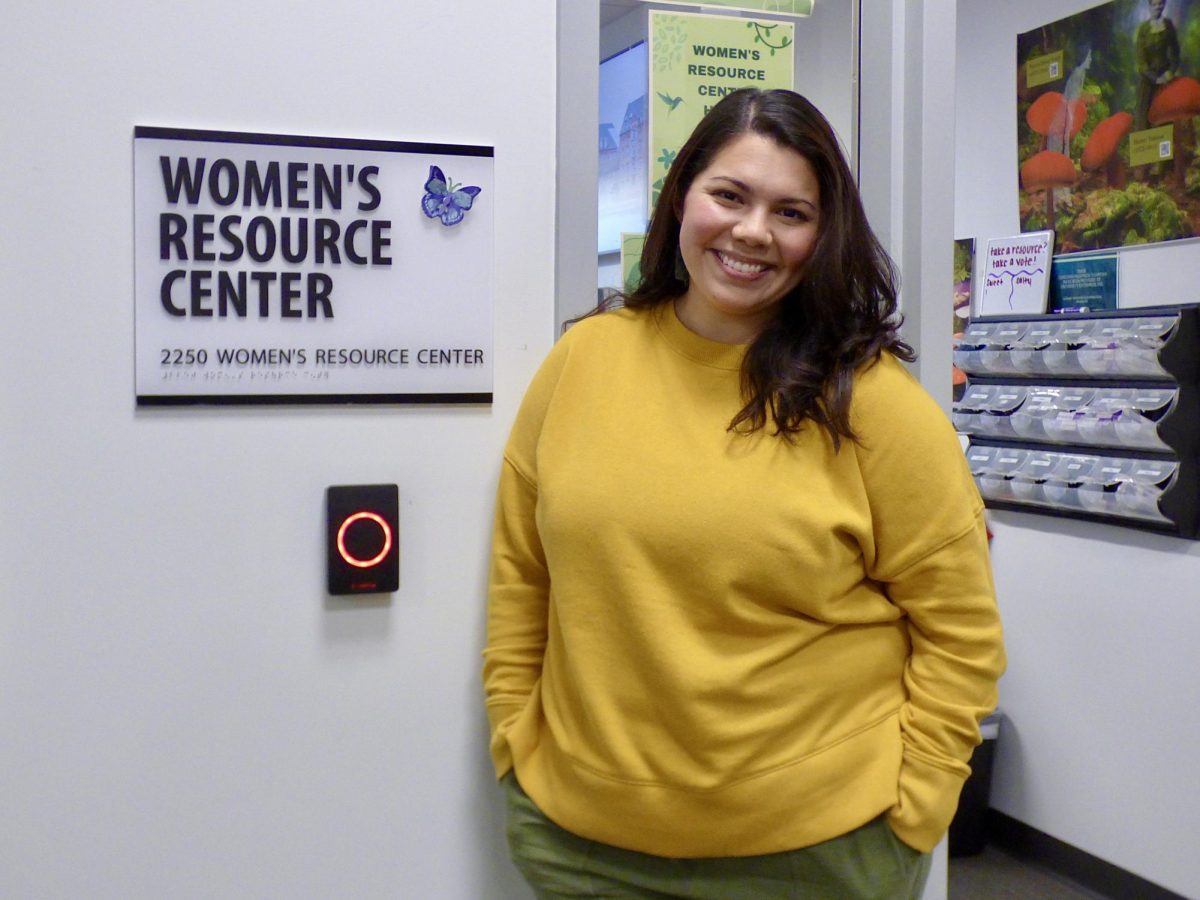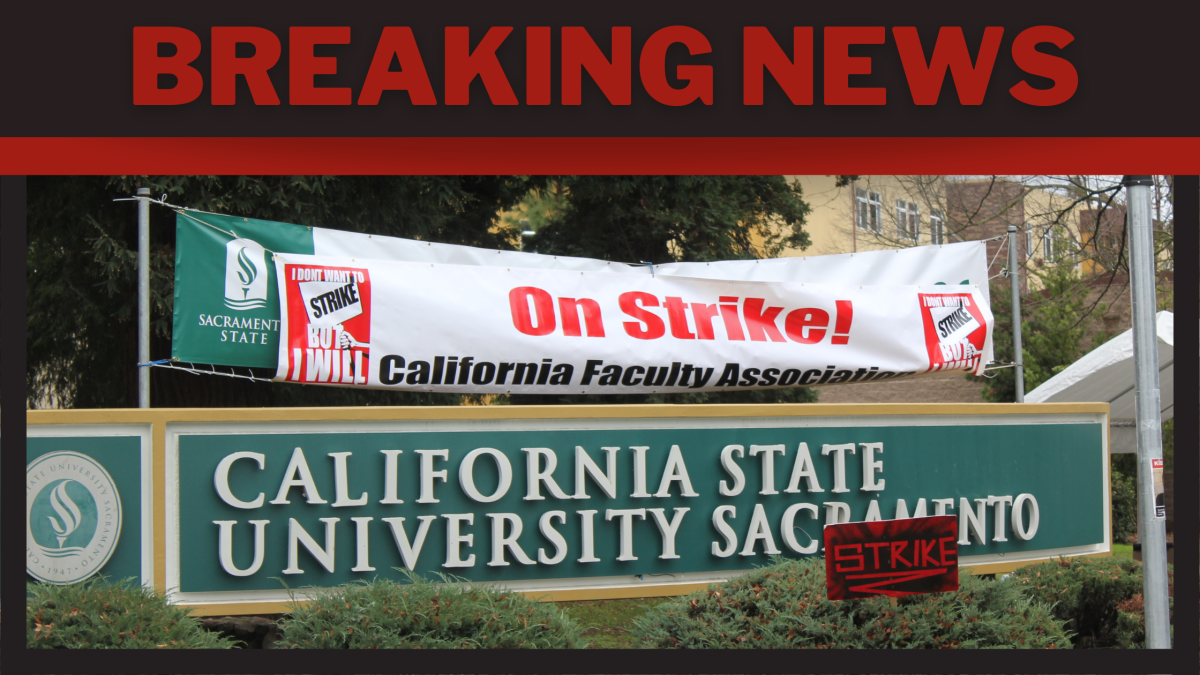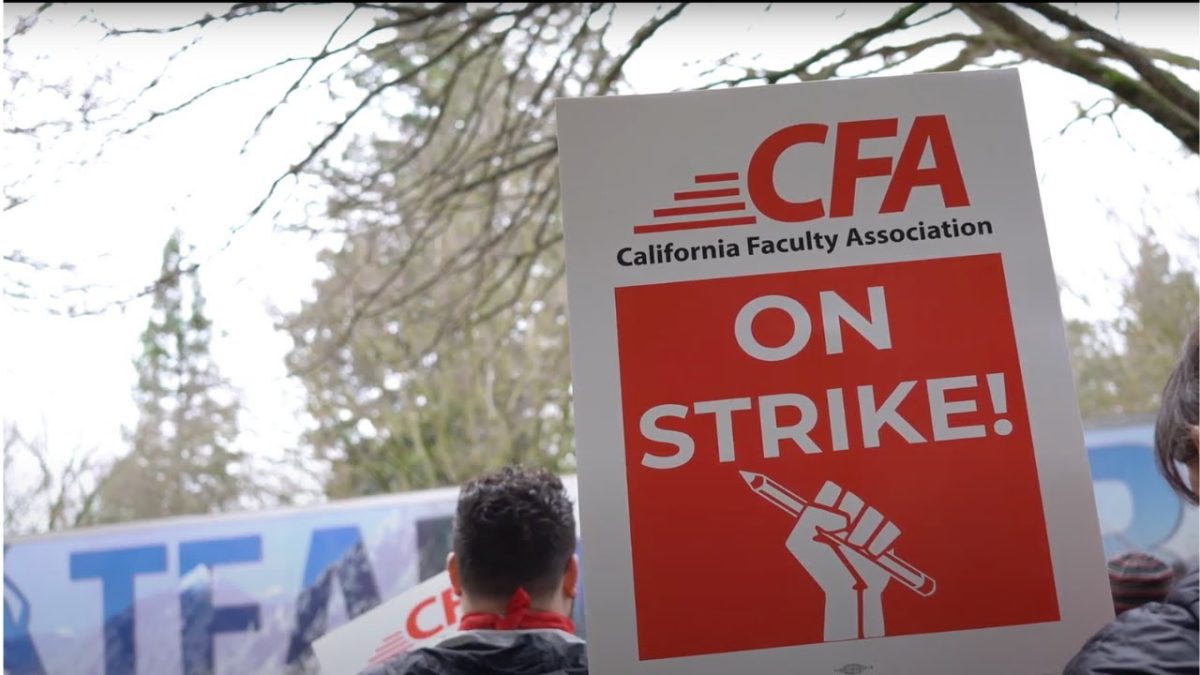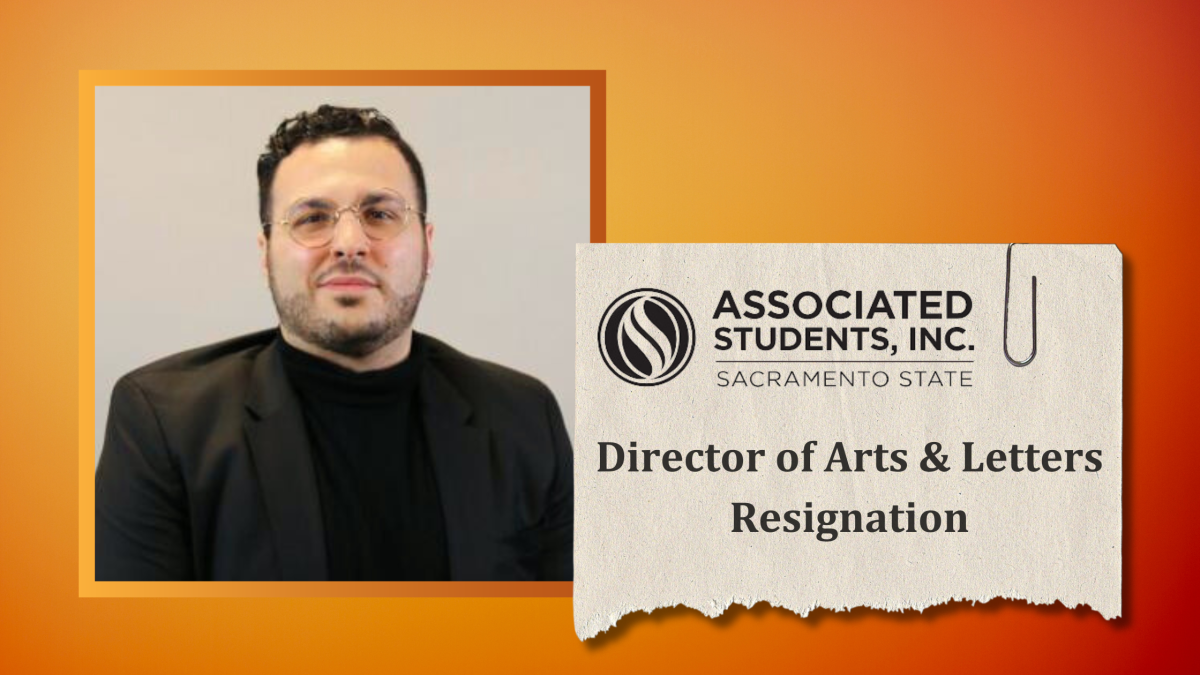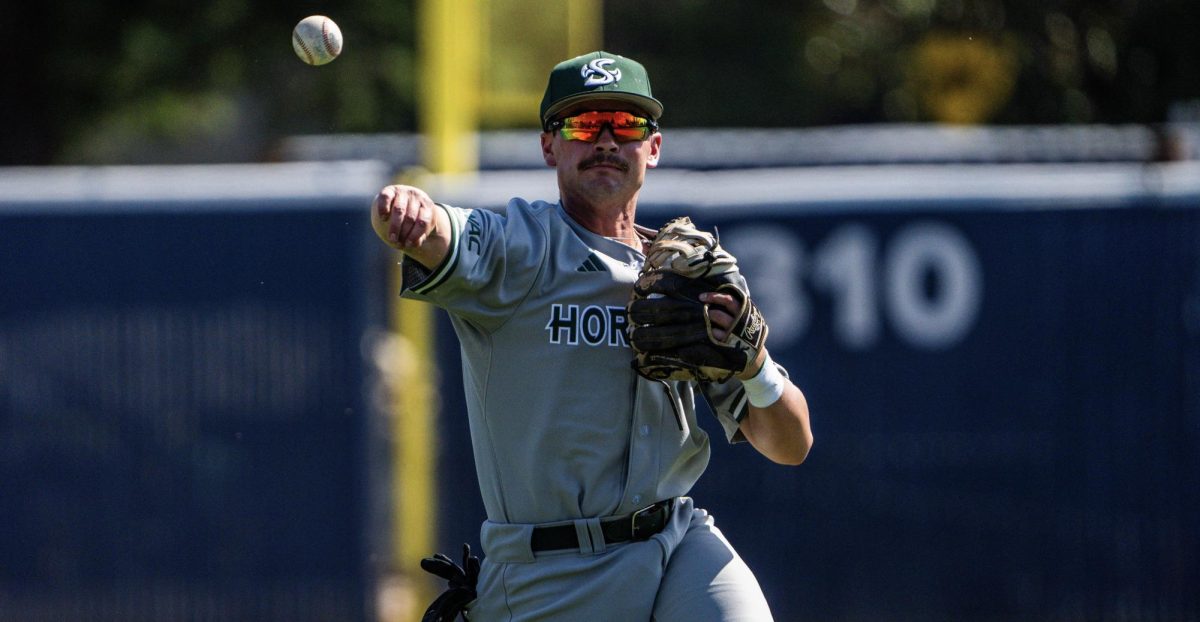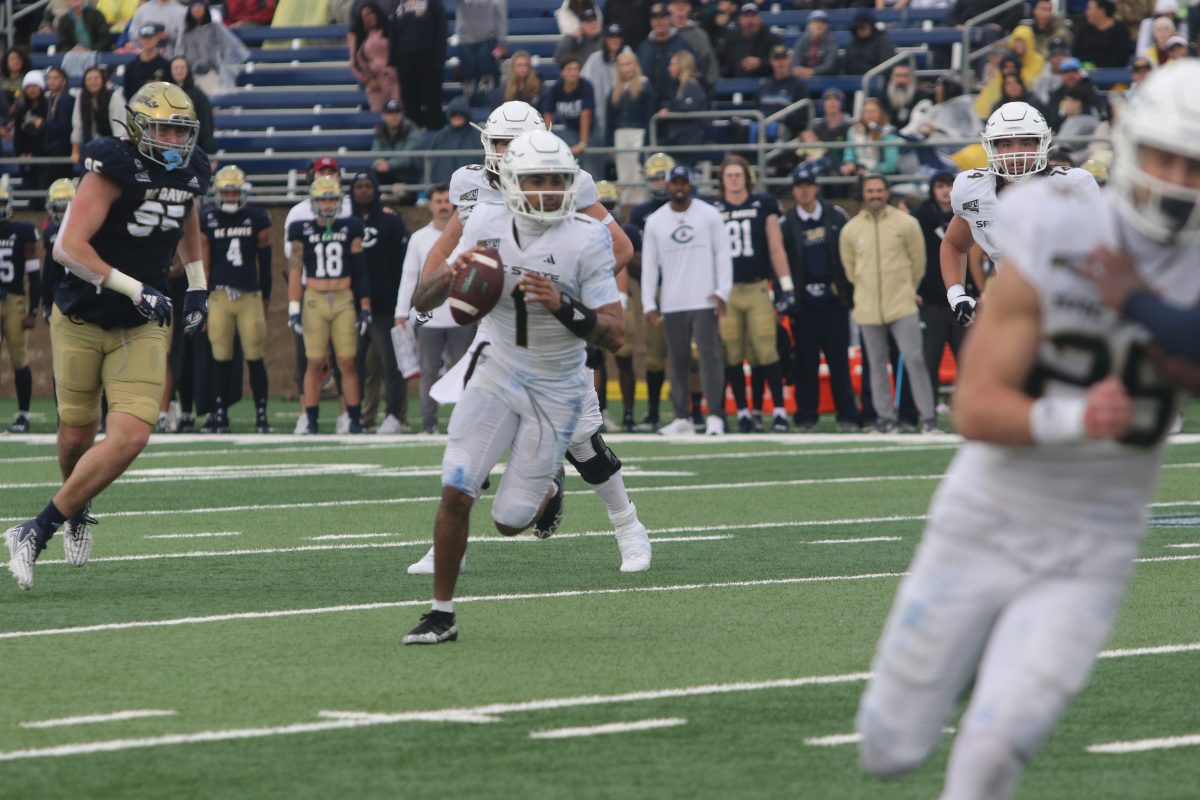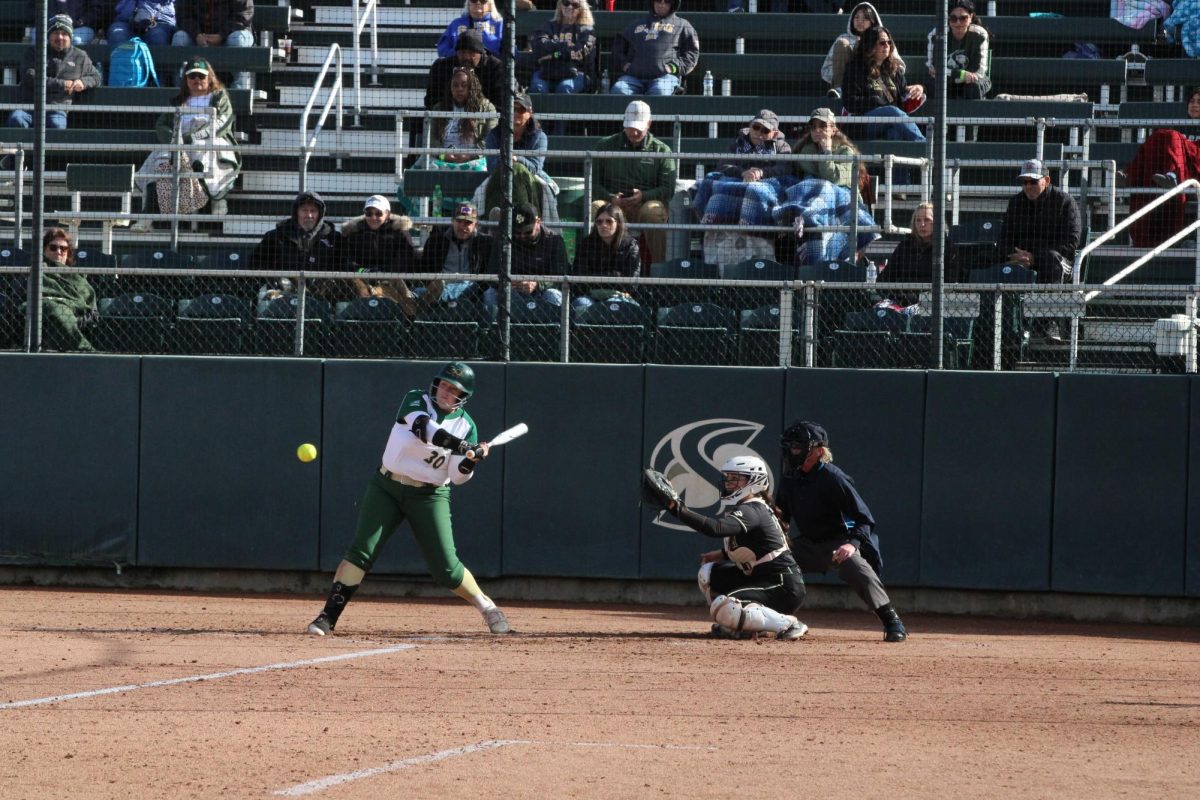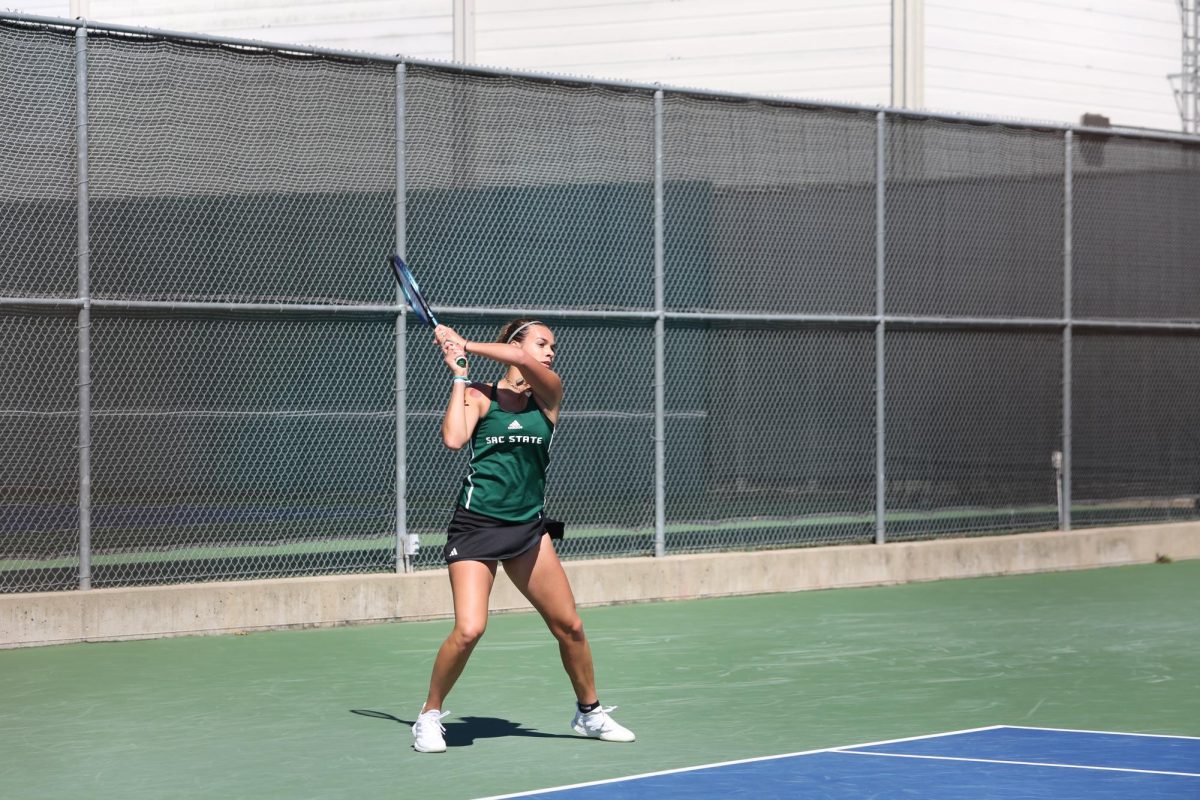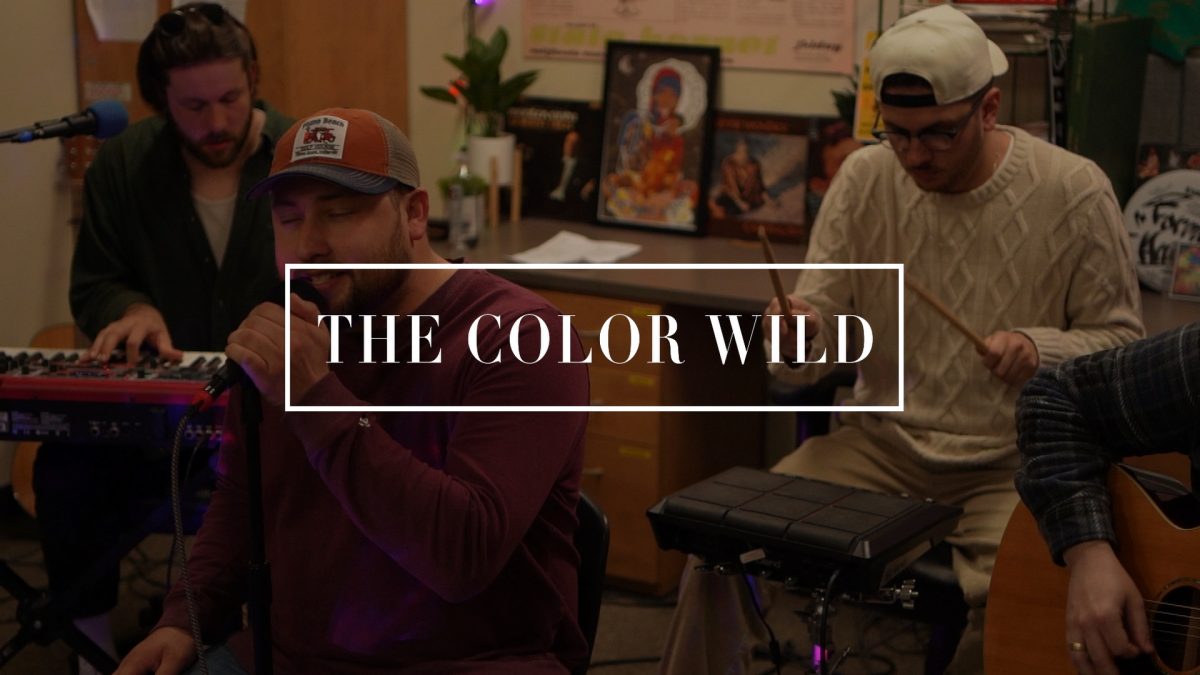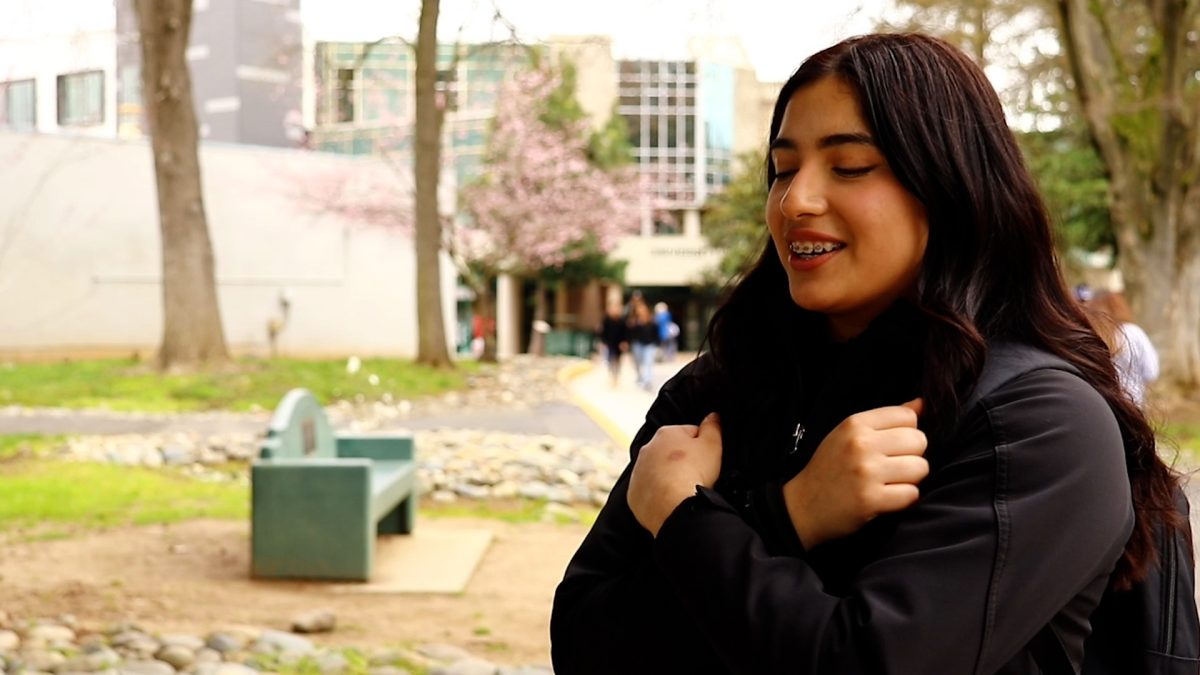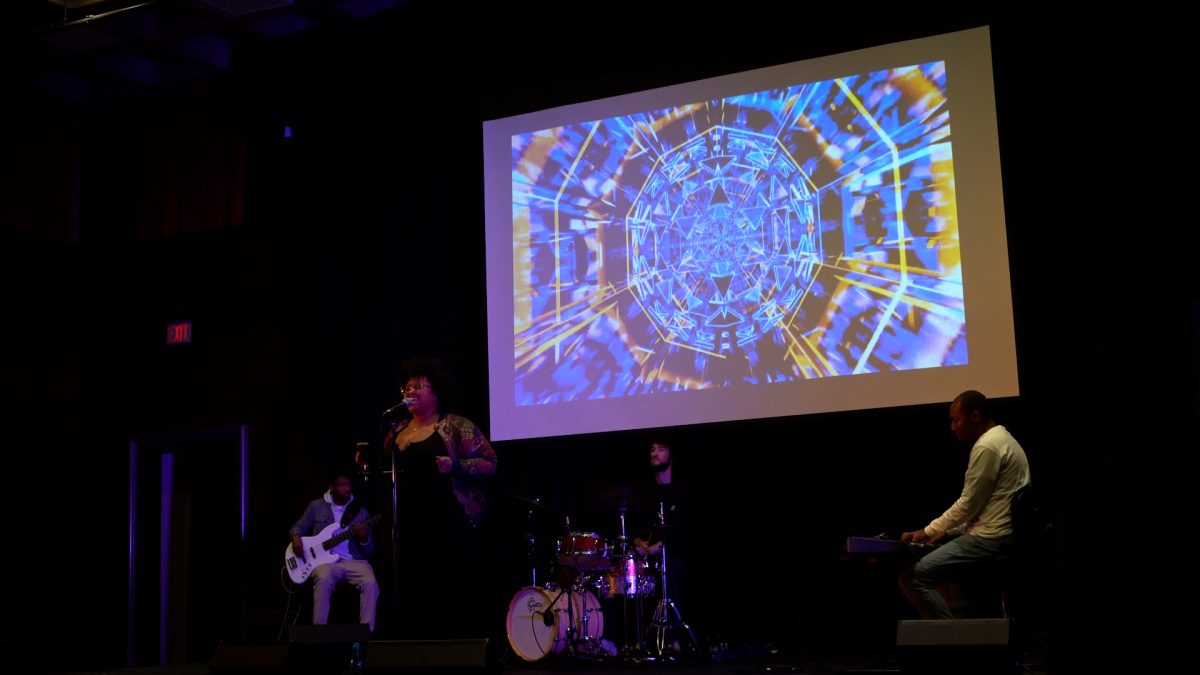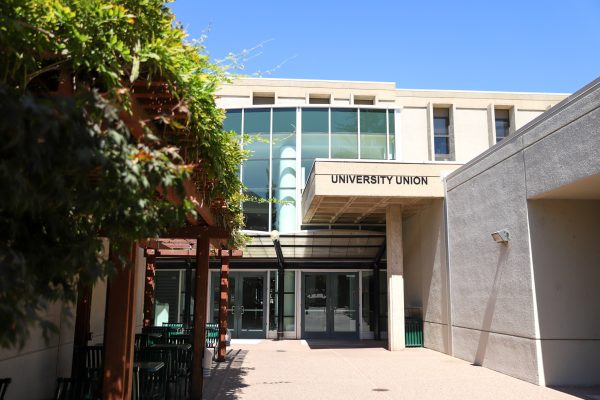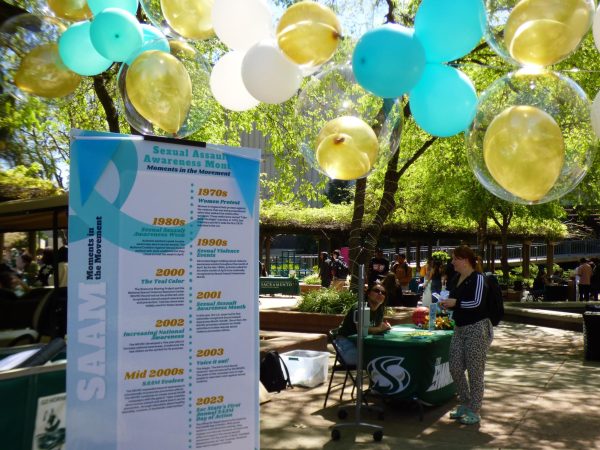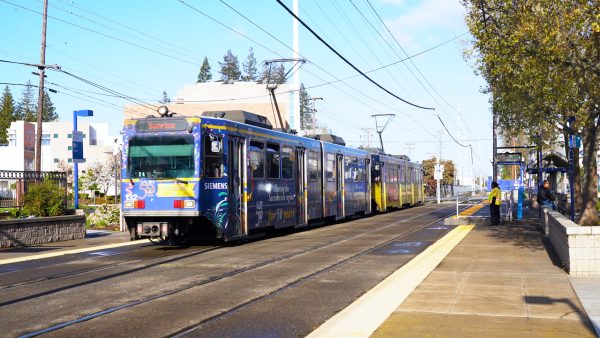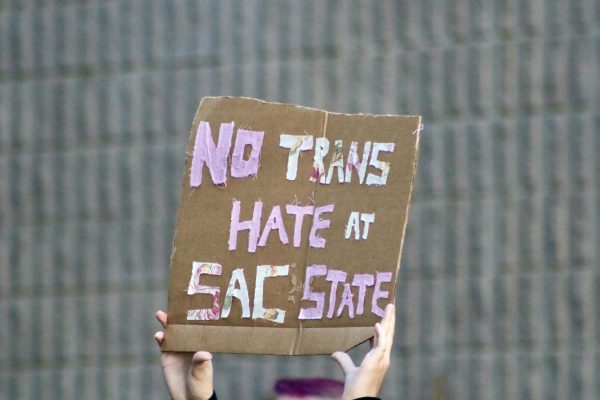Sacramento State political groups raise awareness on campus, state issues
February 26, 2014
With Sacramento State being home to a massive population of diverse races, orientations and ideals, the College Democrats and Republicans attempt to appeal to a wide range of issues students are interested in.
While Democrats and Republicans have opposing views on what each believes is right, a common ground can be found within both clubs when it comes to opportunities and networking.
“We’re making the parties leaders here at Sac State, and I’m proud to lead that effort and to have been elected to make sure that legacy carries on,” said College Democrats President De’Anthony Jones.
Concerned about student needs, Democrats and Republicans came together to lobby against the Union and Well expansion last semester due to the proposed University Union fee possibly being increased from $209 to $450.
“We can’t afford it and we shouldn’t have to put it on the backs of students,” said College Republicans President Matt Reed. “We see it as an equivalent of a tax hike for students who are already paying too much.”
Reed said a statewide march of 200 college Republicans took place April 2013 as a protest to prevent a tuition increase. Proposition 30 while still in effect is not supposed to raise tuition, so Republicans protested when tuition was at risk of increasing.
Democrats and Republicans also came together last semester to protest a ban on tobacco, with 70 Republican members joined by a group of Democrats.
“We had a bunch of cigars, pizzas, posters, American flags and candles to spread awareness of what was happening on campus,” Reed said. “It was in support of the right for people to make their own decisions.”
The Democrats are lobbying for Senator Noreen Evans’ California Fair Resources Reinvestment Act, which would raise taxes on oil companies and provide approximately $2 billion a year to fund higher education, parks and health and human services.
“It will increase revenue for the state universities as well as the community colleges here in the state,” Jones said. “We as a club, feel it is the future of funding education because Proposition 30 is running out.”
Sac State Republicans also keeps its members engaged by sending members door-to-door and calling people to assist in electoral races.
“The main overall purpose of our club is to get Republicans elected statewide, in Congress and the State Assembly and State Senate,” Reed said.
Reed said his club helped out a mayoral race in San Diego last week, in which the Republican candidate won by 10 points in a district that favors Democrats.
Freshman international relations major Wyatt Mince found the Democrat club had his same opinions regarding oil.
“I’ve always been a progressive forward thinking person,” Mince said. “I am for higher taxes on oil.”
With the effort that goes into lobbying and campaign work, both clubs serve as social grounds for political activity.
Reed describes the Republican club as half social and half professional.
Mince describes his experience with the Democrats as a way to network, branch out and speak out against gerrymandering and to support green energy.
Gerrymandering is the process when district lines are drawn to in favor of a congressman’s political affiliation. A district could be drawn so a mostly Democratic or Republican area can be included or kept out to help ensure reelection.
“You’re kind of tampering with who the voters are voting for,” Mince said. “Gerrymandering is important to keep in check, because if not, then there’s a lot of social unrest.”
Mince said green energy is important and the U.S. should lessen dependency on oil and look into renewable energy sources.
Despite contradictory views, each club offers similar opportunities for Sac State students when it comes to internships and chances to be involved in real-time politics, either off or on campus.
“We always have the concern of the money that’s invested into education,” Jones said. “We’ll always have that concern as a college campus club.”






